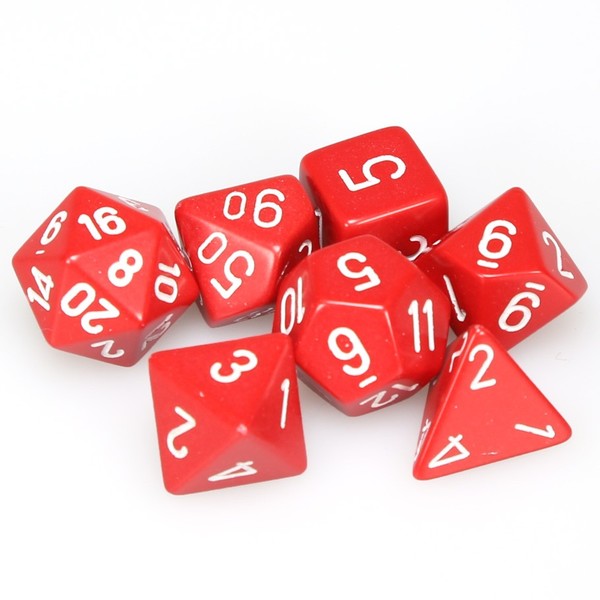This is a set of polyhedral dice:
If you’re a nerd like me, you already own several sets. If not, sets are inexpensive and are easily found online or at your local hobby shop…
A set of polyhedral dice contains the following (numbers indicate number of sides)
d4, d6, d8, d12, d20
Which are the dice with shapes of the regular polyhedra, known as the Platonic Solids (tetrahedron, cube, octahedron, dodecahedron, icosahedron). The irregular dice are the d10 and the d%.
It has occurred to me that these dice might be a helpful practice tool for guitarists (and musicians generally).
The first use of these dice is for randomized self-testing of memorized information.
As a simple example, suppose you want to learn all of the note names over the fretboard. You could randomly self-test using the d6 and the d12.
Let the number on the d6 refer to the string. Let the number on the d12 refer to the fret. Roll the dice and name the corresponding note.
For example, suppose we roll and we obtain a 4 on the d6 and an 8 on the d12. This would indicate the note on the D string, 8th fret. We name the note Bb and we repeat.
Suppose we have another game. We roll the d12 twice. We let the first number indicate the fret on the low E string, and we let the second number indicate an interval in terms of a number of semitones. We name the starting note, the resulting interval and the ending note.
For example, suppose we roll and obtain a 4 and a 9. The 4 indicate the Ab on the 4th fret of the low E. The 9 corresponds to 9 semitones, which is a major 6th. The ending note is the note a major 6th above Ab, which is an F.
Suppose we have another game. We roll the d12 and the d4. The let the number on the d12 indicate a fret on the low E string. We let the d4 indicate a chord quality
1 = Major 7th
2 = Dominant 7th
3 = Minor 7th
4 = Half-diminished
Roll. name the note indicated by the fret. Name all the notes of the chord type. Name all keys signatures in which that chord appears.
For example, suppose we roll a 9 and a 1. The note at the 9th fret of the low E is a Db. The 1 indicates we name the notes of the Db Major 7th chord. The notes are Db, F, Ab and C. It is either the I chord in Db Major or the IV chord in Ab.
These could be done with the guitar in hand to strengthen fretboard visualization, or without the guitar.
The second use of these dice is to randomize exercises with the guitar.
Suppose we want to practice improvising. Suppose we roll the d12, letting the number indicate a fret on the low E string. We name that note, and practice improvising in that key.
Suppose we want to restrict ourselves further. We could roll the d12, letting the number indicate a position to work in.
Suppose we want to work on soloing over changes. Roll the d12 and d6. The number on the d12 indicates a fret on the low E string. The number on the d6 indicates a chord quality, as follows:
1 = Major 7th
2 = Dominant 7th
3 = Minor 7th
4 = Half-dimished
5 = Altered dominant
6 = Diminished
The result is your first chord. Repeat for your second chord. Work on playing over that change. Maybe restrict yourself positionally as before.
The aim here is to avoid practicing the same positions, keys and changes which we are comfortable with, and to force ourselves to be more adaptable with our instruments.



 Sounds like a cool project!
Sounds like a cool project!
